KCCA ENGAGES BUGANDA LAND BOARD TO ADDRESS LAND USE AND DEVELOPMENT CHALLENGES
PUBLISHED — 30th, October 2025
The Kampala Capital City Authority (KCCA) and Buganda Land Board (BLB) have pledged to strengthen their partnership to address land management, physical planning, and development control challenges in the city.
The commitment was made during a high-level meeting held at City Hall between KCCA Deputy Executive Director Benon Kigenyi and a delegation from BLB led by Prince David Wasajja, the Kabaka’s Attorney, Denis Kabogoza, BLB’s Chief Executive Officer, and Bashir Kizito, the Deputy CEO among others.
Kigenyi described the relationship between KCCA and BLB as “symbiotic,” saying it has enabled the smooth implementation of several city development initiatives.
“We recognize that several city government properties sit on land belonging to the Buganda Land Board, and there have not been any major disputes. This shows that our institutions have maintained a cordial and cooperative relationship,” Kigenyi said.
He noted that close collaboration with BLB is critical to ensuring proper physical planning and development control, given the growing pressure on land in Kampala.
“People occupying Kabaka land often fear to approach the rightful owners for documentation, and that’s why many end up building illegally. We want to work hand-in-hand with BLB to find a lasting solution,” he added.
Kigenyi further pointed out that land acquisition for infrastructure projects remains one of KCCA’s biggest challenges, leading to delays and increased construction costs.
Citing the Kasubi–Namungoona Road project as an example, he said:
“The state of that road is embarrassing to all of us, but the problem lies in land ownership disputes. We valued the land and offered compensation, but some occupants refused. These people sit on BLB land; they shouldn’t make it so difficult for the road to be developed.”
He emphasized that KCCA always engages communities for voluntary acquisition and ensures fair compensation and restores affected structures.
Prince Wasajja welcomed the engagement, saying it was “long overdue” and essential for improving coordination on land-related issues.
“Almost 50 percent of the land in Kampala belongs to the Kabaka. We are a major stakeholder and want to establish a special working relationship with KCCA,” he said. “If we work together, we can address issues such as illegal construction, waste management, and unplanned development more effectively.”
BLB CEO Kabogoza commended KCCA for initiating the dialogue, saying it sets the stage for stronger institutional collaboration.
“KCCA has shown goodwill, and it’s only right that we build on that. We should establish clear communication channels and work together where necessary,” Kabogoza said.
His deputy, Bashir Kizito, also stressed the need to collaborate on development control to stop unauthorized constructions on Kabaka land.
“Many people build without approved plans. We want to work with KCCA to ensure that all developments on Kabaka land are legal and compliant,” Kizito said.
Both institutions agreed to develop a framework for cooperation that will harmonize land management, streamline the approval of developments, and ensure that urban growth in Kampala is orderly and sustainable.
“We want a situation where we can deliver this city with precision,” Kigenyi concluded.
The renewed partnership is expected to ease coordination between KCCA and BLB, particularly in managing right-of-way issues, urban redevelopment, and enforcement of planning standards, key ingredients in building a modern, well-planned Kampala.
By Geofrey Mutegeki Araali
Communication and Media Relations Officer
News & Announcements
18th, November 2025
15th, November 2025
8th, November 2025
7th, November 2025
7th, November 2025
4th, November 2025
3rd, November 2025
30th, October 2025
28th, October 2025
27th, October 2025


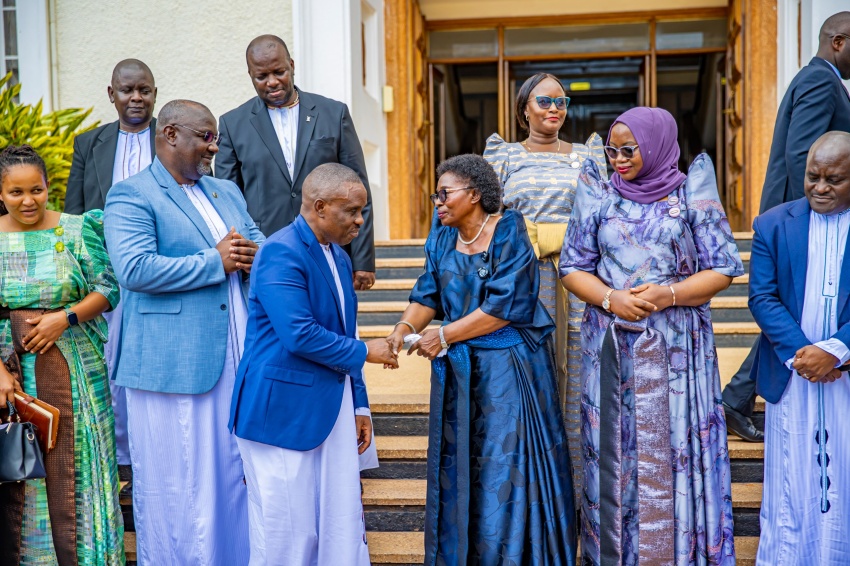
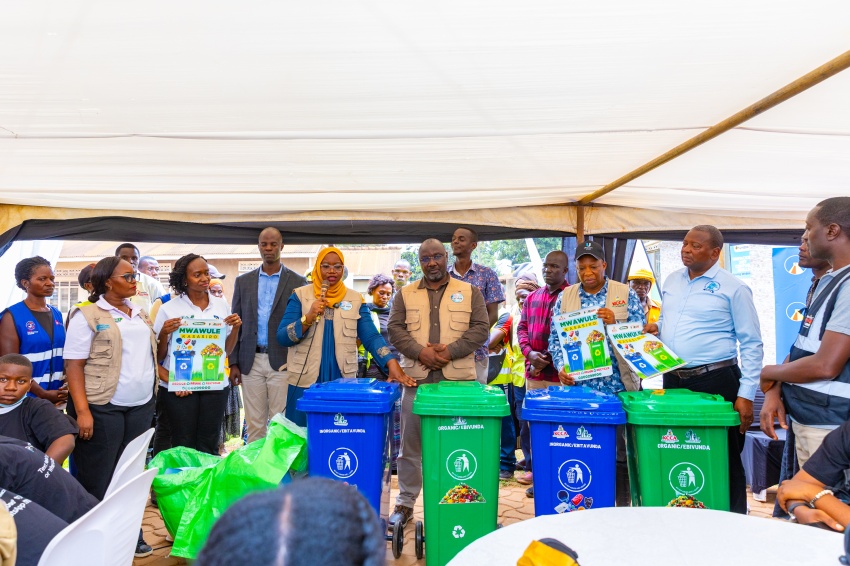
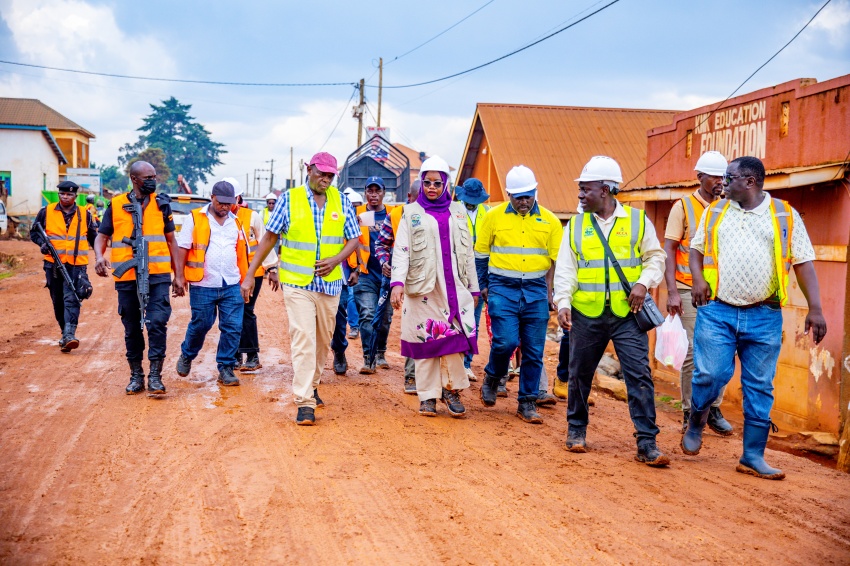

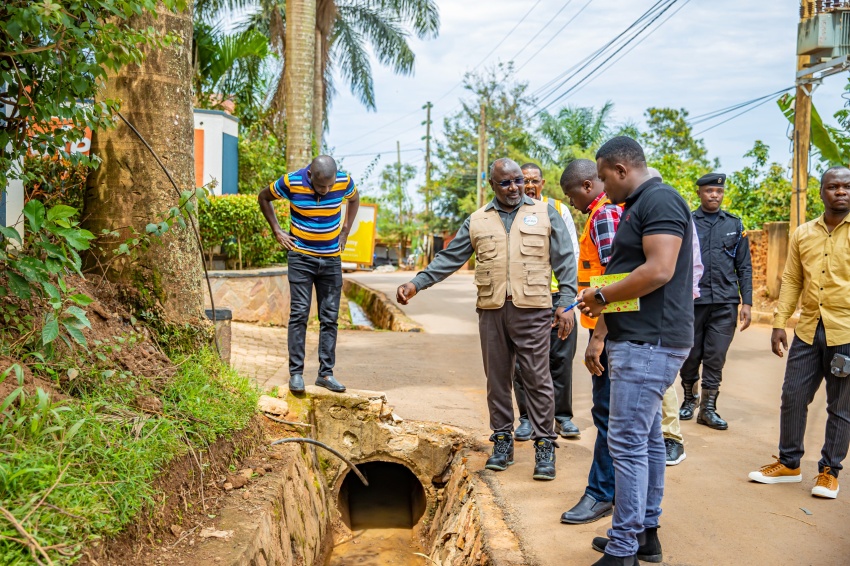
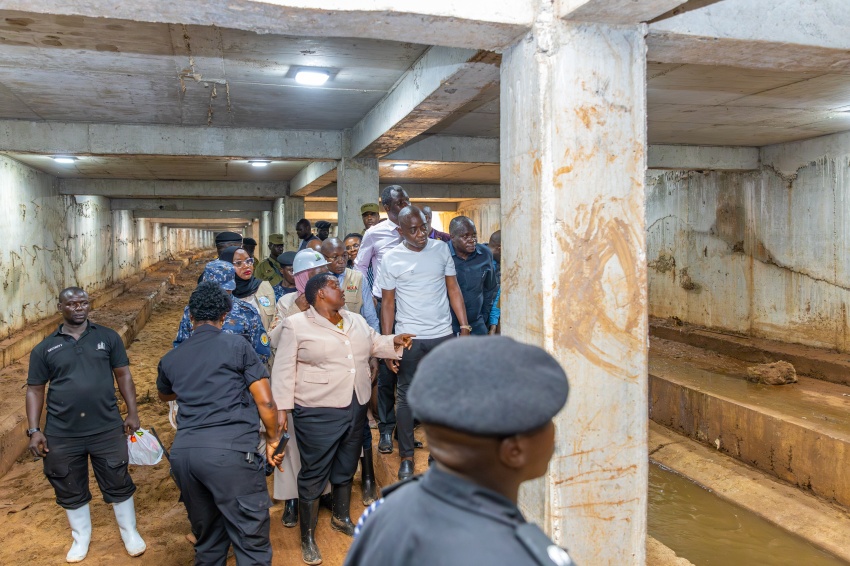
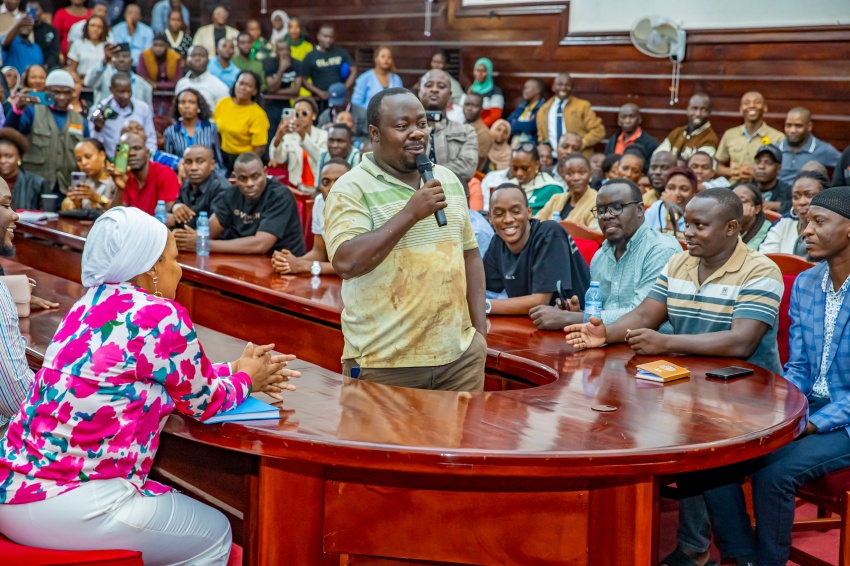
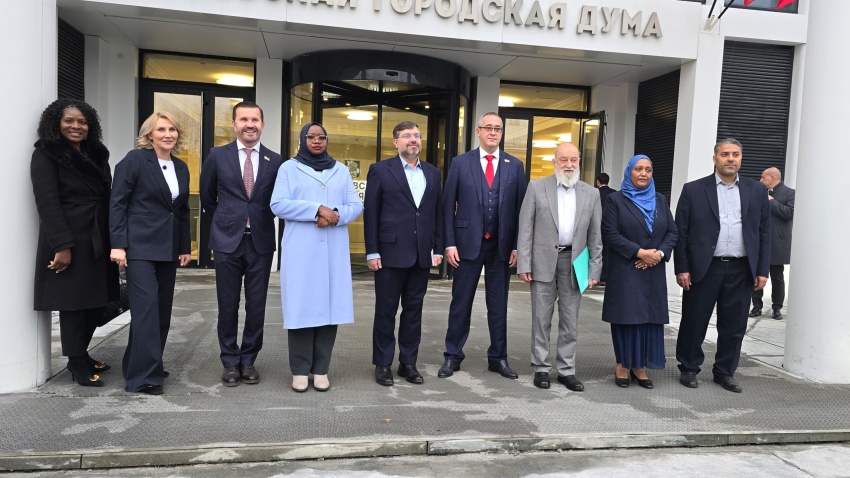
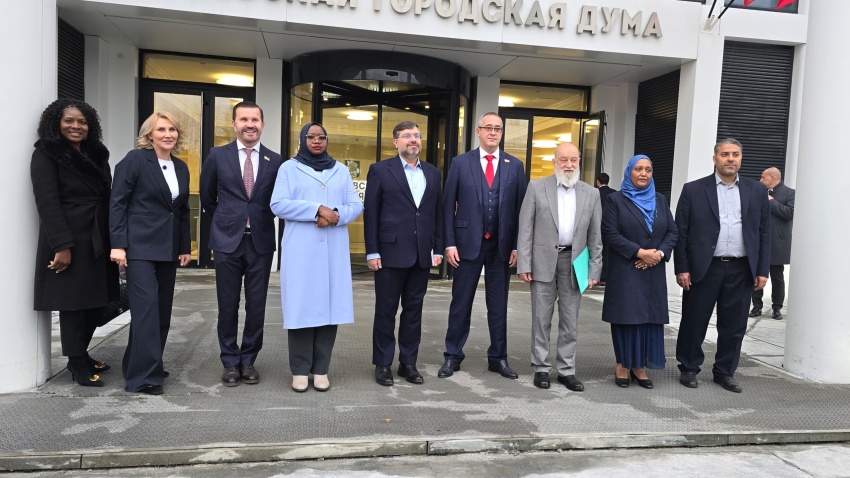









Development partners